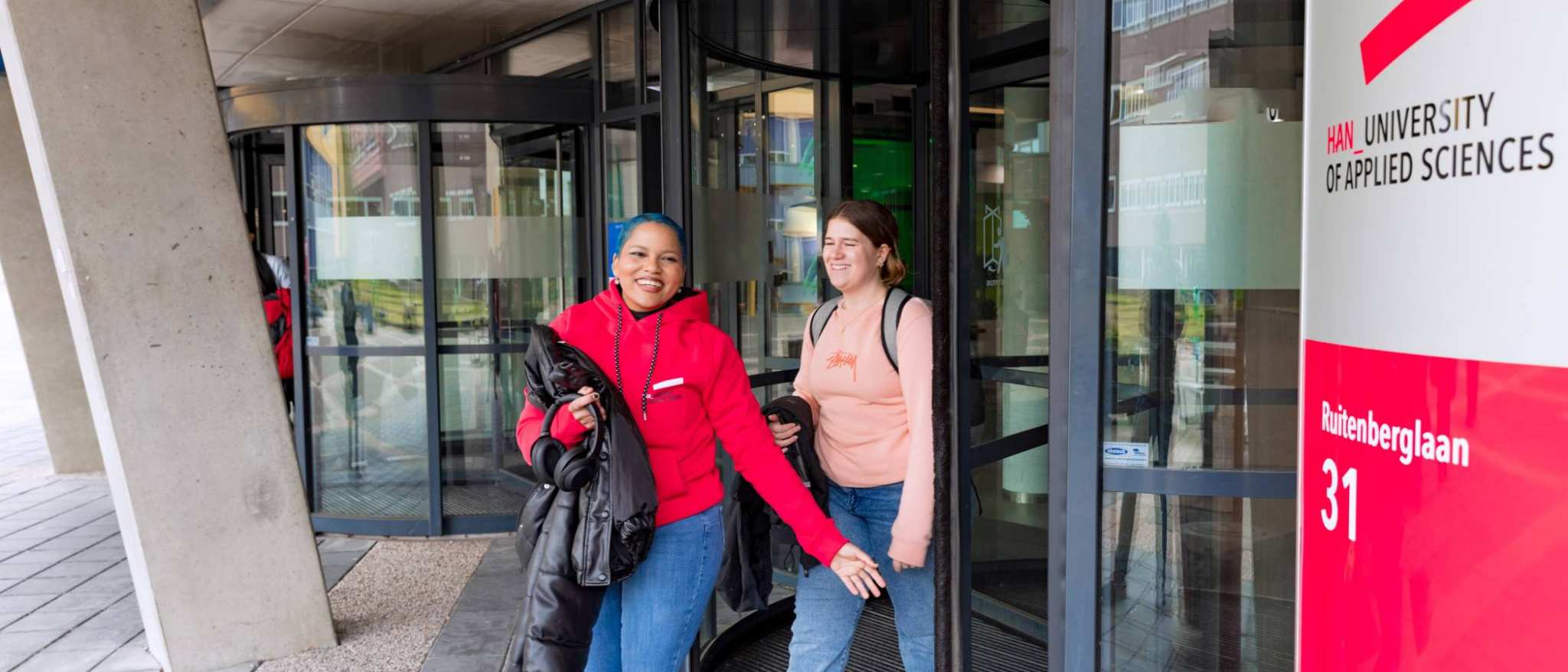Data-Driven Decision Making in Business
Like to boost your decision making? Learn to identify data science problems. Break them down into component parts. Extract key info to clarify complex systems. You use technology-assisted methods. Like data analysis. Abstract models. Algorithmic thinking. And find the ideal solution. Go get em!

The program in a nutshell
Your full-time classes and workshops take place Monday through Friday. You test your knowledge throughout the program. By working on a real-life business project!
You will absorb the foundations of mathematics and statistics. Data science for business and storytelling with data. In addition, you will learn about the various data science tools and techniques to equip you to work on your final assignment: present your solution to a real-life case. In front of your classmates and industry pros.
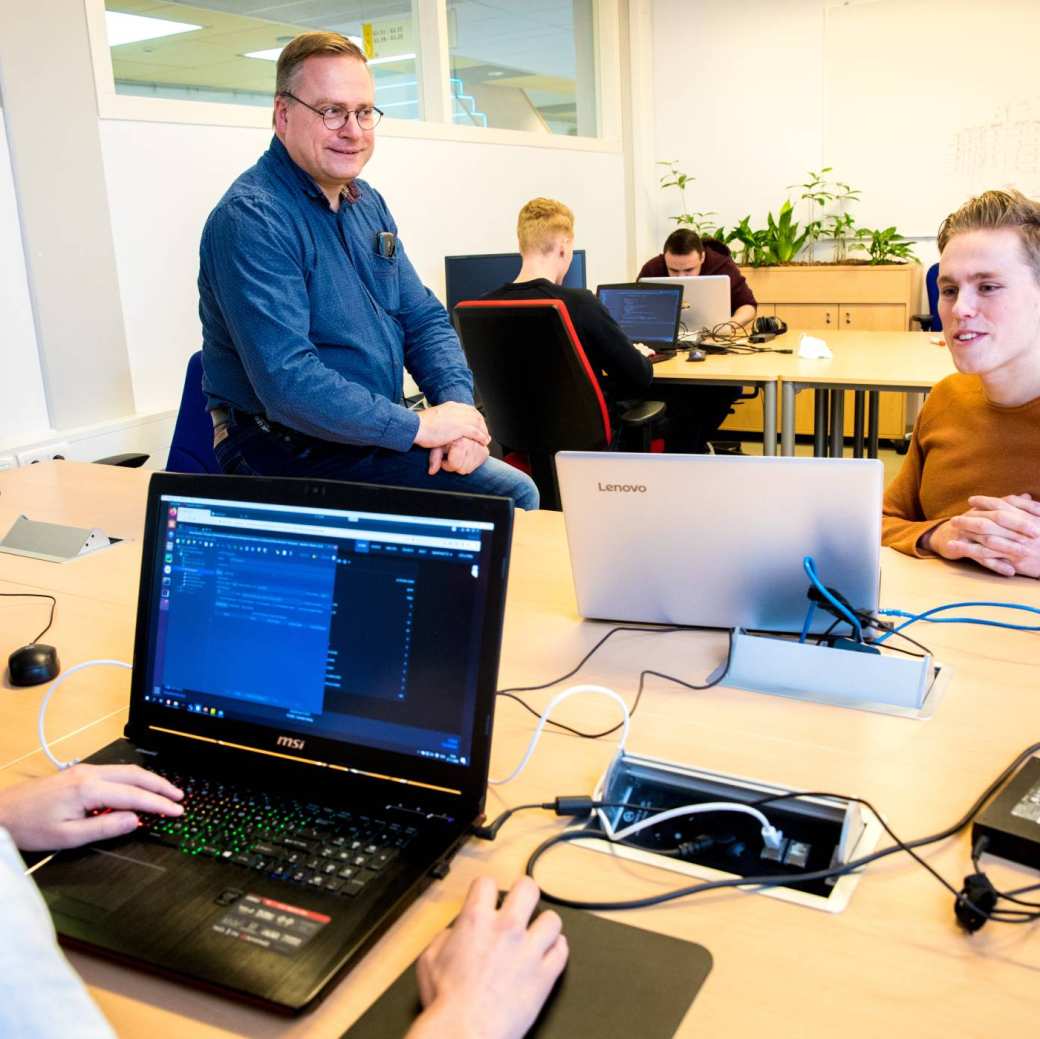
Program details
Learning outcomes
By the end of Data-Driven Decision Making you can:
- Break problems into component parts
- Extract key info, develop clear models for complex systems
- Facilitate problem solving
- Determine problem definitions for technology-assisted methods and solutions:
- Data analysis
- Abstract models
- Algorithmic thinking
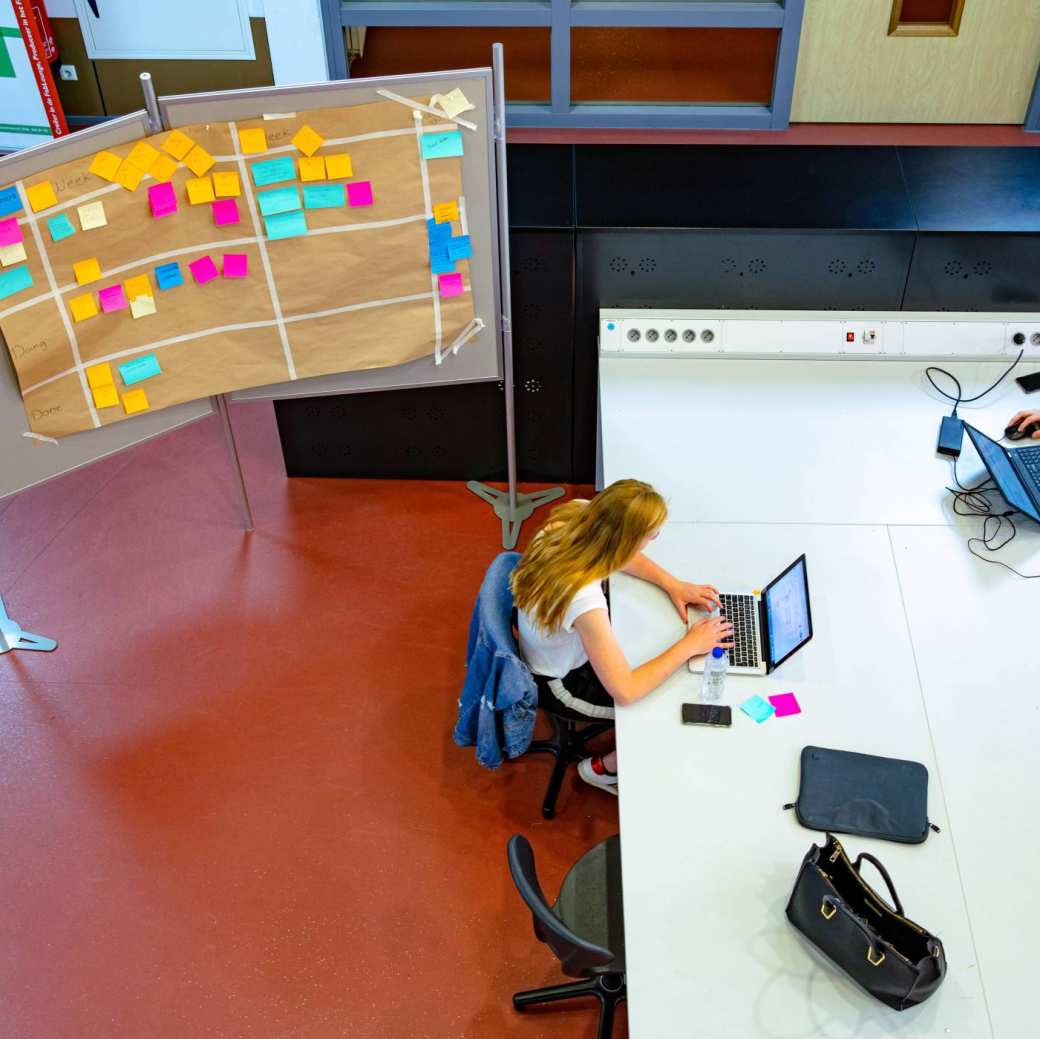
Competences
You strengthen these competence areas during the program:
- State-of-the-art knowledge of data science
- Ability to formulate a data science problem
- Ability to come up with a data science solution
- Ability to bridge the gap between managers and data scientists
- Working in a project team to solve a time-restricted task
- Learning to learn (metacognitive competency)
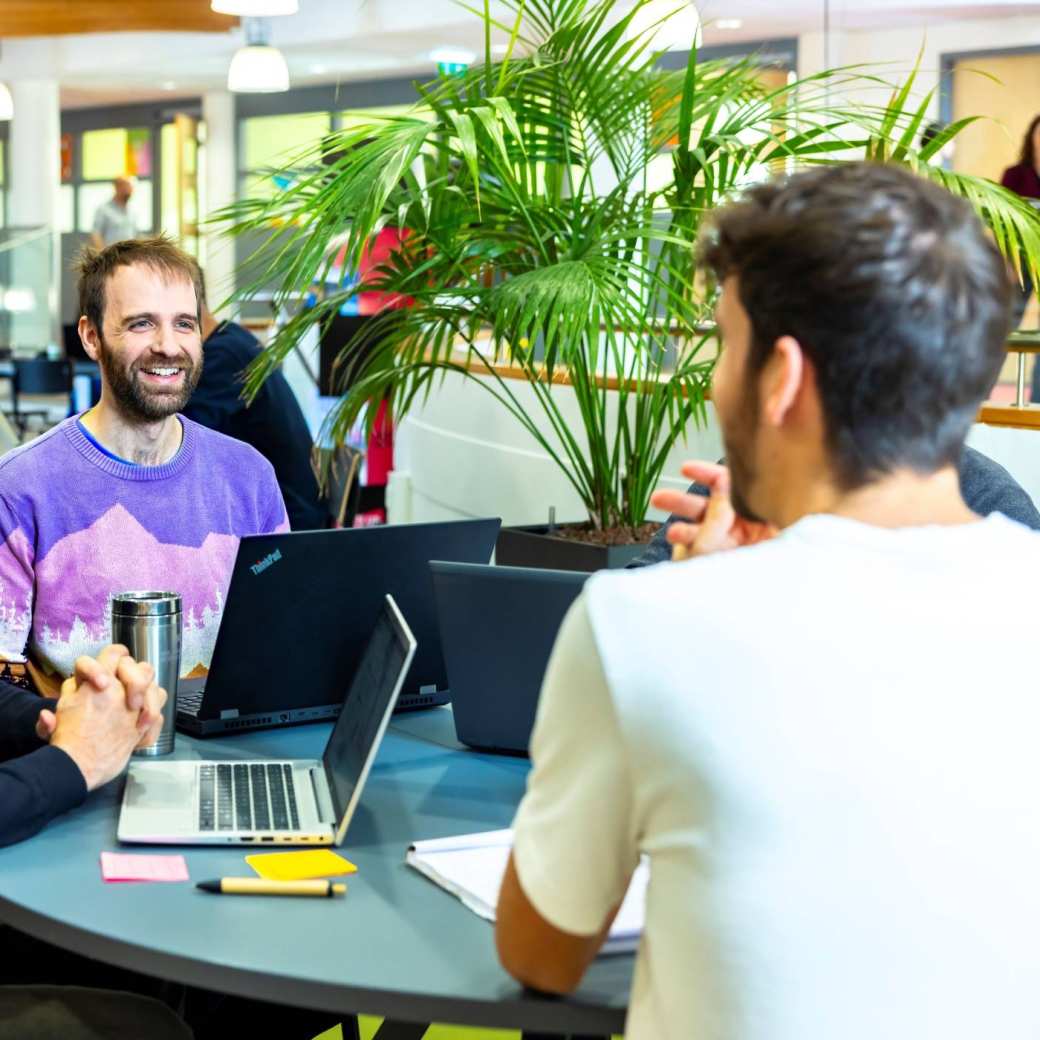
Dutch way of learning
The atmosphere in a Dutch classroom is quite informal and your lecturers are easy to talk to. In fact, at Dutch universities like HAN, you’re seen as a partner in the learning process. Class sizes are small and your lecturers encourage you to actively participate in class. To ask questions. To give your own opinion. They also stimulate you to be creative. And to discover things for yourself.

HAN International Intro
Get a good start to your studies during this week of orientation:
- learn about living in the Netherlands
- become familiar with the campus
- get on board with your exchange program
- make new friends!

What about credits and grading?
At HAN we use the European Credit Transfer and Accumulation System, or ECTS. It’s the standard credit system used in higher education across Europe. How does it work? One credit = 28 hours of study. Think of contact hours. Time spent working on assignments. Preparing for exams.
One semester = 30 credits = 840 hours of study. To earn credits, you need to pass your exams. What counts as a pass? A grade of at least 5.5.
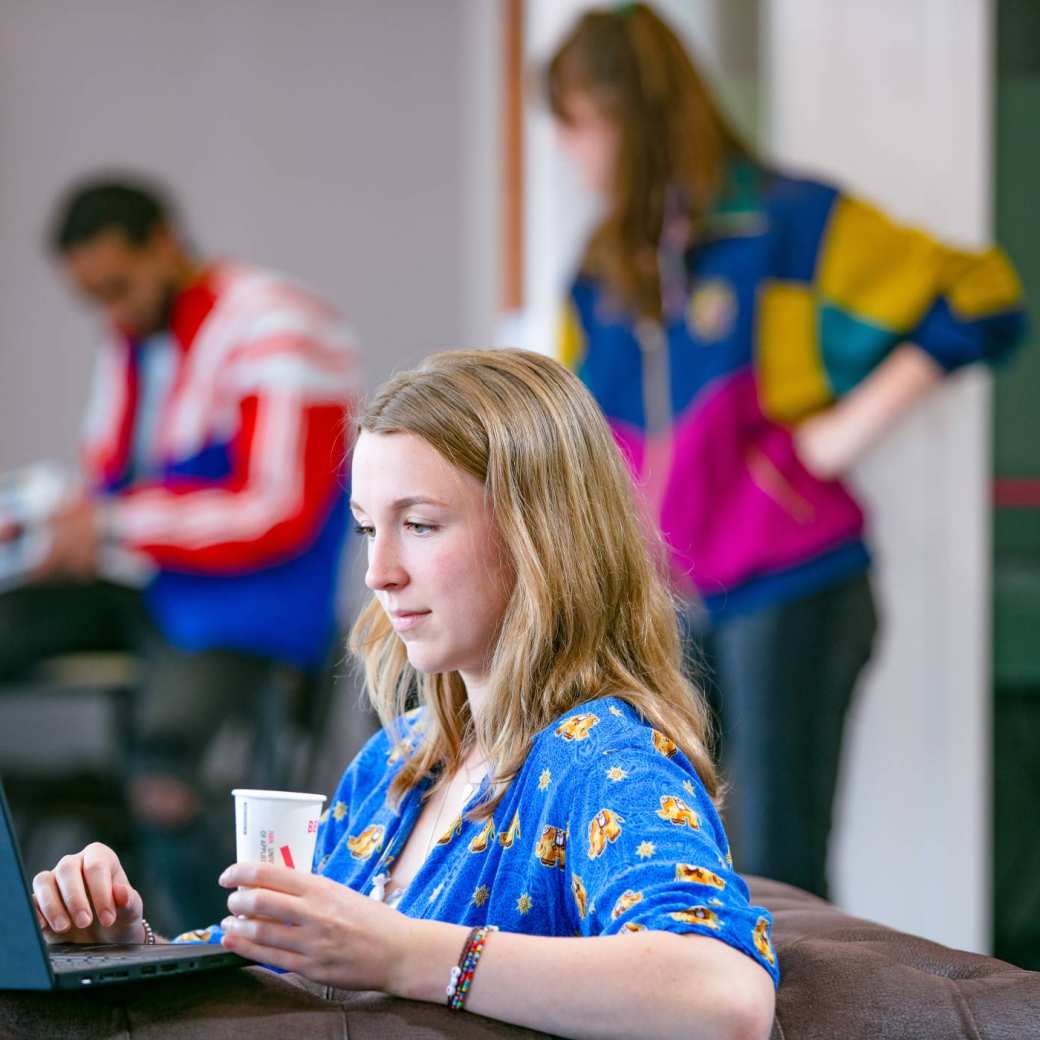
Admission
What are the admission requirements? And how do I apply?
